NUTRITION PLAN FOR A CYCLIST
Biking preparation involves 3 phases: pre-season, competition and offseason. The training diet of the athletes differs as per their training load, goals, body composition and health. Cyclist should be very particular about what they eat before, during and after a race to maintain proper nutritional balance.
- A typical training diet should be focused on nutrient-dense crabs along with regular portions of protein along with calcium and iron. Carbs should be consumed as per the training load to optimise the performance along with recovery. Frequent snacks and meals help to provide the required energy and carbs during high requirements, on hard training days and for back to back racing. Try to include a snack that is rich in carbs and protein within 30-60 minutes post the training session to ensure adequate refuelling and to maximise missile repair along with the adaption process.
- Protein requirement is dependent on the energy intake and the stage of strength training. If one is trying to reduce their body fat percentage then they should limit energy-dense fluids and foods from their diet. Taking morning sessions also assists to use fat stores and burn down the overall body fat percentage.
- Hydration is the key for mountain bikers so it is very important to drink enough fluids to replace the loss of fluid from the body which occurs because of increased sweat rate, exercise intensity, duration, altitude and high temperatures. One should aim at replacing 150% of fluid volume lost over a period of 4-6 hours after the training session. Supplements help to provide a competitive edge and should be added along with a good diet and good quality training.
- Energy drinks like Steadfast Nutrition Snergy along with protein supplements like Steadfast Nutrition Power Protein are some of the supplements that can be added to a cyclist’s nutritional plan to optimise performance and recovery.
- Before a race: Carbs are the main source of energy for high-intensity activities therefore the fuel stores need to be topped up before the competition to optimise performance. Based on the duration of the event, the carb-loading plan should be activated in order to maximise the glycogen stores of the body. Eat low fibre foods 12-24 hours before the race.
- Pre-event meal: Optimise hydration status and top up the glycogen stores in the liver. For early morning race: eat a low fiber carb-rich snack 1-2 hours before the competition. For a later time race: eat a large meal 3-4 hours before the race + a small snack or carb-rich energy drink before starting the race. (all the meals should be practised during the training) Examples: banana + porridge, pasta, baked potatoes, sandwiches, etc.
- During a race: A sports drink with a good amount of carbs work best. A 60-90 minute race requires consuming 30-60 g of carbs per hour that helps to maintain the pace, cognition, and prevents muscle fatigue. It is important to understand the sweat rate in order to determine appropriate fluid intake during the race.
- Post recovery: A meal or snack with a combination of high-quality protein and carbs works best as it helps in muscle refuelling along with promoting muscle recovery. Nutrient-dense foods along with healthy fats should be consumed as they help to strengthen immunity and reduce inflammation. Examples: chicken burgers, wraps with lean protein, yoghurt with fruits and nuts, egg and toast etc.
- For cyclists, energy needs are always high and sometimes appetite can be low so fluids that come with a combination of carbs and protein work the best. Steadfast Nutrition power active is one such energy that can be consumed by cyclists as a great snack option and can be used as a pre, during and post-race.
References :
https://www.sportsdietitians.com.au/factsheets/food-for-your-sport/mountain-biking/


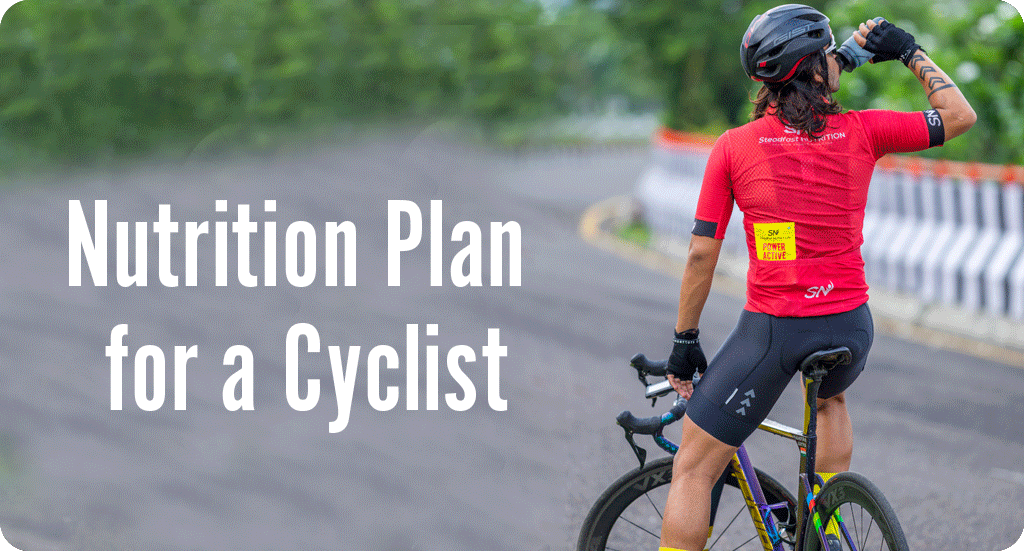
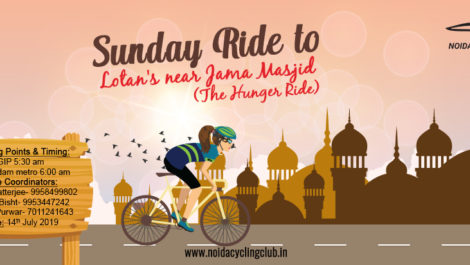
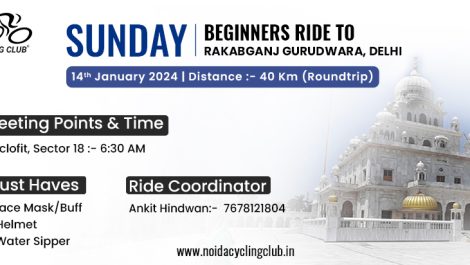

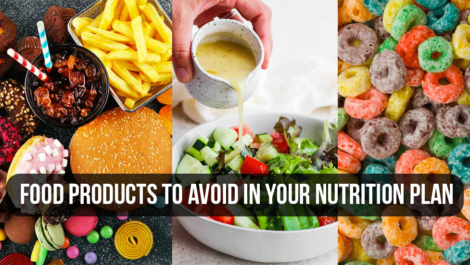
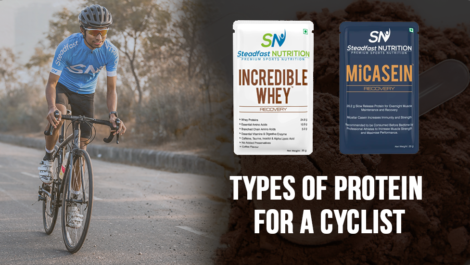
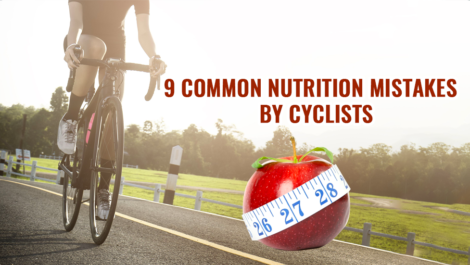
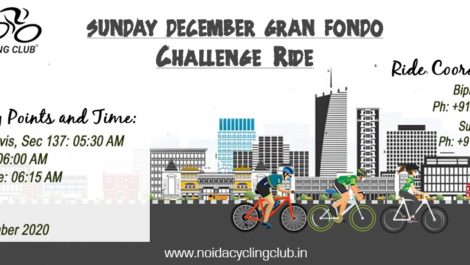
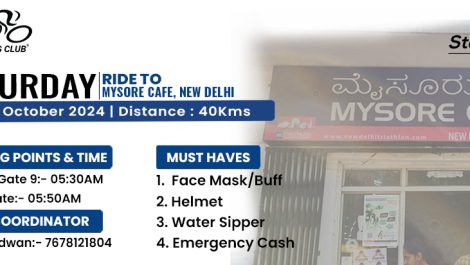


Comments
No comment yet.